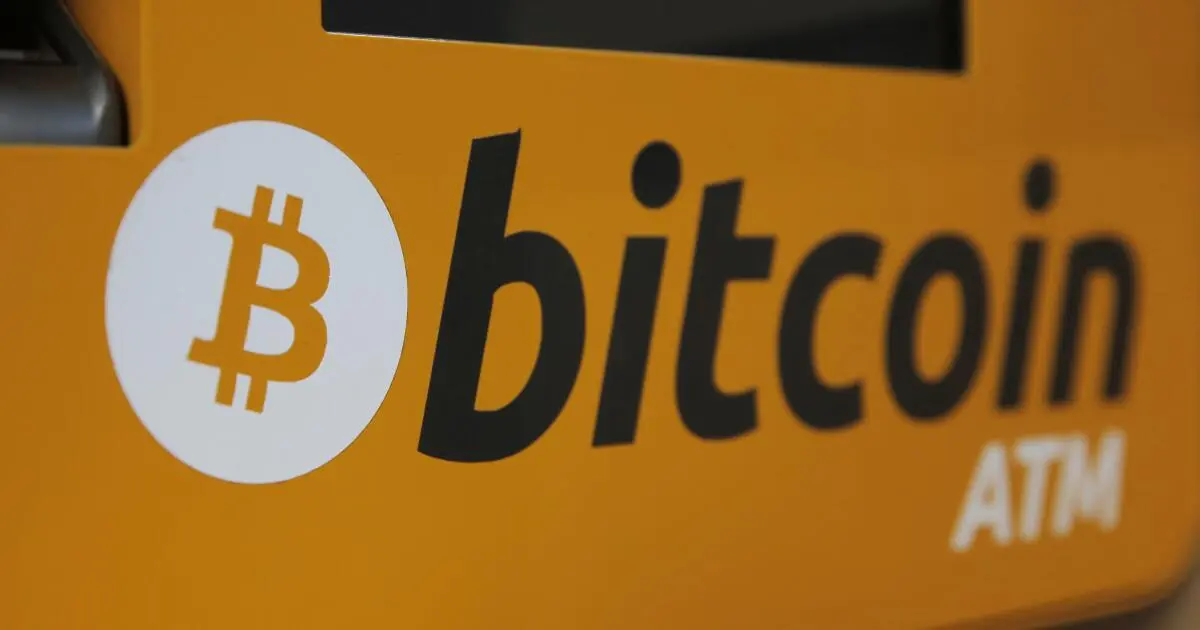New California law limits cash to crypto at ATM machines at $1000 per day per person and also the fees that can be imposed by the machines.
The industry says this will hurt the business, hinting that they’re profiting from the lack of KYC policies
I don’t see any legitimate use from those machines. Who would have a legit need to exchange $15k from cash to crypto at 33% fees???



Monero works hard to make sure that wallet contents and transactions are private.
https://www.getmonero.org/get-started/what-is-monero/
The sender, receiver, and amount of every single transaction are hidden through the use of three important technologies: Stealth Addresses, Ring Signatures, and RingCT.
Because every transaction is private, Monero cannot be traced. This makes it a true, fungible currency. Merchants and individuals accepting Monero do not need to worry about blacklisted or tainted coins.
Can the block chain of the system be viewed by anyone? Is the wallet ID listed on the blocks?
It doesn’t matter how many fancy protocols are thrown up. If the history of the block chain is viewable and verifiable, then the history of transactions can be tracked to a wallet. Thus it is not truly anonymous.
Yes, no.
The IRS currently has a $600,000 Bounty for anyone who can deanonymize monero transactions.
That money is yours, just show us the way.
The wiki explains it better than I ever could, even have animations wiki
The transaction outputs, or notes, of users sending Monero are obfuscated through ring signatures, which groups a sender’s outputs with other decoy outputs.[12] Encryption of transaction amounts began in 2017 with the implementation of ring confidential transactions (RingCTs).[6][13] Developers also implemented a zero-knowledge proof method, “Bulletproofs”, which guarantee a transaction occurred without revealing its value.[14]
You did not answer my question, is the history of transaction on a block chain? Are the transactions listed to wallets?
Yes or no?
Yes to your first question no to your second.
The ledger is open in public and verifiable.
The wallet IDs involved in transactions are not including the transaction amounts. I’ll reference you to the wiki.
I’m not a mathematician, I’m not a cryptographer, so I cannot defend the mathematics with you. I referenced the bounty to indicate that the problem has not been solved. I referenced the Wikipedia for more details. If you want to ask them specific questions about the protocol, you can join the matrix conversation, or even the Reddit community is pretty active.
So, all transactions are listed on a ledger? That is publicly accessible?
Then it is not anonymous. Flat out.
Verifying a transaction exists, and verifying that the transaction occurred is not the same as making the destination address, and the amount public.
This goes into the crypto note bulletproof proofs. Kind of like homomorphic encryption, I don’t have to trust a third party to do cryptographic operations, as long as they don’t have the key they can do the cryptographic operations and I can trust the outputs.
All it takes is one transaction on a wallet to be concretely connected to you and then every pervious transaction is clearly linked back to you. And that link does not have to be digital, it can be as simple as you being found in person with an item purchase through the system.
The strength of the encryption and cleverness of the protocols with in the system are irrelevant if there is a public list of transactions.
In your scenario that’s not true. If you reveal yourself in the transaction. That reveals that transaction.
But using just that data in the public ledger, does not reveal your transaction history
This is due to the crypto note architecture, and their use of bulletproofs. Every transaction is verifiable, but the outputs and inputs of that transaction are not.
That being said, if you give up The wallet private read key, then somebody could use that Read key and go through the public ledger and find your transactions. But that’s not publicly available, that private read key is yours, you don’t give that up. Even if you accidentally tell people this transaction is yours